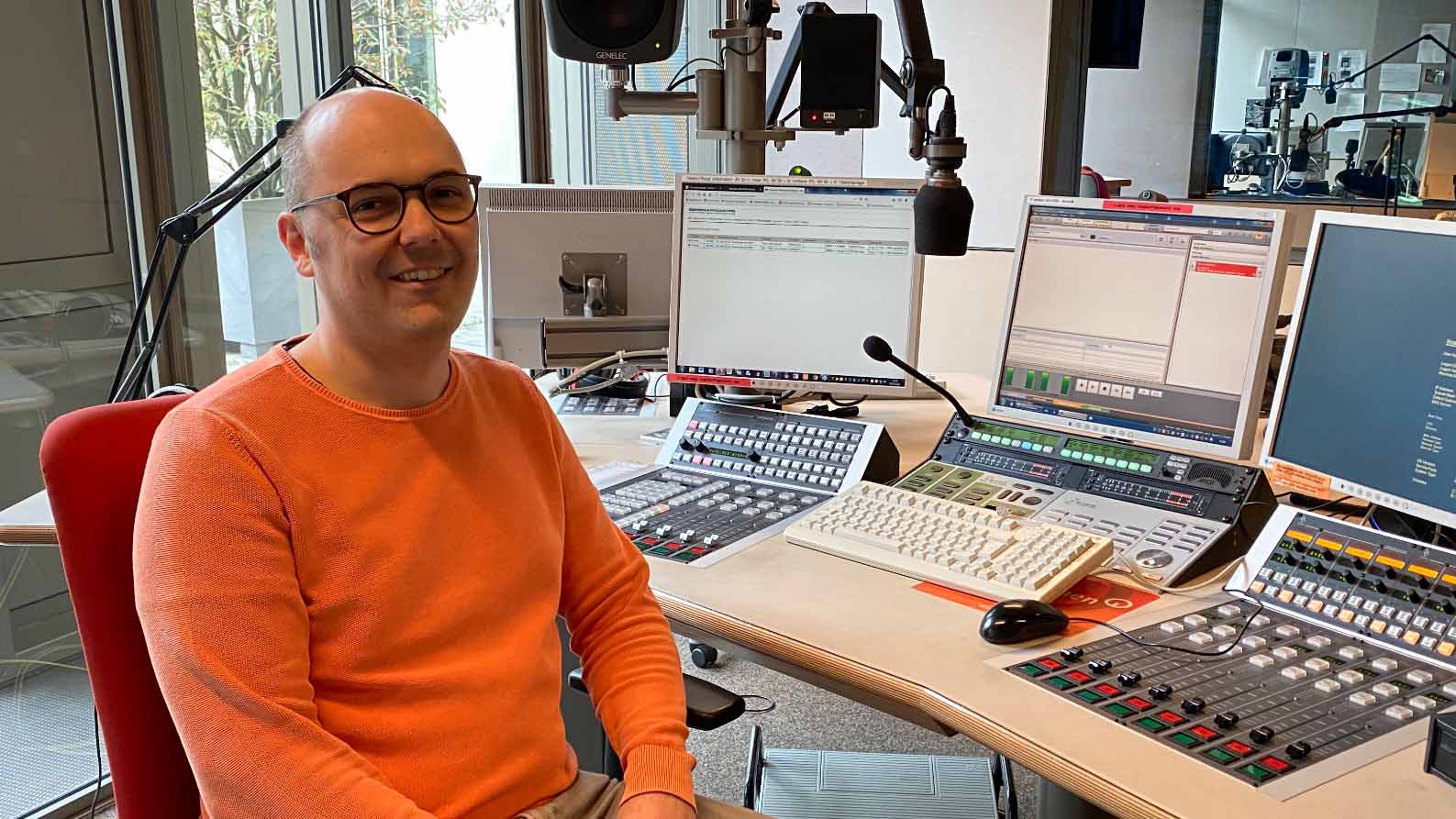
© privat
Plea for Fresh FinTech Solutions
Will the traditional bank still be around in the future?
“We need to make an effort to be right at the front, otherwise we are leaving the field open to American or Chinese service providers.” That is the plea made by Lars Hornuf, Bremen professor of business studies and FinTech expert. FinTech is the term used for financial technology. When speaking to Professor Hornuf, it quickly becomes clear that the future of financial solutions lies in this field, which is full of start-ups.
The classic question is: “Will the traditional bank still be around in the future? “Certainly, as a legal institution,” says the expert, “however, branches with direct, physical customer contact will only be needed to a low extent.” Banking, capital investments, stocks and shares, loans – he is sure that all of these services will be controlled via smartphones in the future. Much like how consumers paying at tills are increasingly doing this more and more via apps at the moment. Professor Hornuf is one of the users of such technology. In light of the corona crisis, he points our how many germs can be found on notes and coins. Contactless and cashless paying is much more hygienic.
Slim Cost Structures, New Services
In an article in the Frontiers of Artificial Intelligence magazine, Lars Hornuf and Barbara Brandl from the Goethe University Frankfurt investigate the relationship between classic banking and the new spreading sector of digital financing and investment solutions. “FinTechs not only have a slim cost structure but also offer their customers new services,” he says and names peer-to-peer loans as an example. They are loans from private persons for private persons and without the involvement of a bank. In contrast to these fresh FinTech solutions, banks are dependent on a historical and expensive infrastructure.
Returns with Robo Advisor
Another example from the consumer viewpoint: What happens when you open an account? “You download a form from the internet, fill it out, send it back by post, and you have to show the postal worker your ID prior to this,” explains Hornuf in regard to the individual steps. Then you have to wait. When using a FinTech company you can show your ID via an online identification process and the account is opened within the blink of an eye. However, there has been criticism of the start-ups in the financial sector. If you open the internet you might face notifications such as “You have been deceived by your broker, we are demanding your money back.” Not all companies are trying to deceive, some of them simply have a bad business model, says the Bremen expert. Some of the innumerable FinTechs established since the 2000s have been very successful. These include, for example, the N26 mobile bank where business is done entirely via your mobile phone or the Robo Adviser Scalable Capital. A robo adviser is an algorithm-based system that automatically provides you with recommendations on asset investments and can also realize said recommendations.
Restructuring When Stocks Decline
Business studies scholar Hornuf explains it using the current stock market crisis, during which Dax, Dow Jones, and stocks are in decline. “The algorithm autonomously creates an efficient portfolio, which has the aim of attaining future returns with the least risk,” he says. What would such an algorithm do currently? “Restructure, back out of stocks, take on more bonds,” states the professor of business studies.
Constant Change
He praises the Sparkasse Bremen bank, which is one of the largest German Sparkasse banks with a balance sheet total of 11.5 million euros. “Digitalization processes are being pushed forward in the regional companies,” says Hornuf. The Sparkasse bank has founded a daughter company for AI-based investment advising. The robo adviser is meant to mainly appeal to the young generation – the so-called digital natives. Thus, the generation that grew up with computers and smart phones. The Bremen scientist is pleased that the bank also contacted the Faculty of Economics & Business Studies at the university and that a cooperation is planned. At the end, Professor Hornuf quotes Heraclitus: “The only constant in life is change.”
Further Information
Article in the publication “Frontiers of Artificial Intelligence